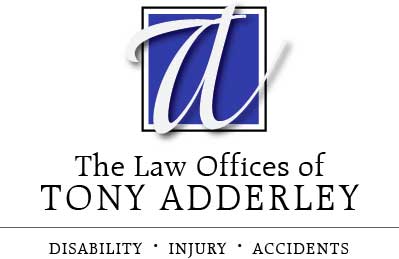According to the Pentagon, approximately 1.6 million American military service personnel have been deployed in support of Operation Iraqi Freedom and Operation Enduring Freedom since late 2001. With the high cost of war, more service personnel have returned home with life changing injuries, including Post Traumatic Stress Disorder (PTSD), than ever before.
Military Benefits
American military benefits are often touted as some of the best in the world, with many people deciding to enter military service for the benefits alone. When they are injured in the line of duty, American military personnel are generally covered by the Department of Defense and/or the Department of Veteran’s Affairs when it comes to getting the compensation to help with the cost of transitioning back into civilian life with an injury. Unfortunately, some military benefits come to an end when a person leaves active duty, or they may not be enough to help the former military member sustain the comfortable existence that he or she deserves after military service.
Social Security for Veterans
After military service, it is generally the Department of Veteran’s Affairs that will pick up the tab in terms of injuries sustained while on active duty. However, if these benefits are not enough to provide the veteran with the financial assistance necessary to move on with an injury that prevents the veteran from working, the veteran is allowed to seek Social Security Disability (SSD) benefits from the Social Security Administration (SSA). In order to qualify for coverage, the veteran must meet the same qualification requirements as anyone else seeking SSD benefits.
An Often Frustrating Process
While the government might try its hardest to get benefits to those who need them, anyone paying attention to the plight of the American veteran has no doubt heard the horror stories of veterans who have been denied for some kind of coverage and who have got little more than the runaround when they try to collect the benefits which they are entitled to. These experiences are the same that will often deter veterans from even trying to pursue social security benefits when they are actually entitled to them.
If they are concerned about being denied for SSD benefits or about dealing with the hassles involved in the process, veterans who are already collecting benefits from the Department of Defense, the Department of Veteran’s Affairs or not at all are encouraged to seek the advice of experienced benefits attorneys. These legal professionals who live and breath nothing but benefits law are in the best position to advise veterans on the SSD benefits which they may be entitled to and to help veterans apply for those benefits.
A Denial is Not the End of the Line
Just because they have already been denied for coverage from the SSA, veterans should not give up hope of receiving the benefits that they deserve. In many cases, a denial is due to the simple fact that an application for coverage was filled out wrong or incompletely. No matter the reason for a denial, a benefits attorney can review a veteran’s claim and and help the veteran move forward with an appeal if the attorney believes the claim has merit.

